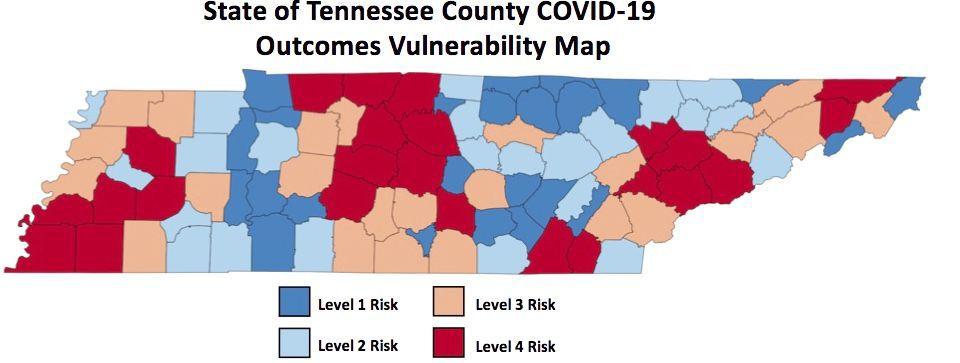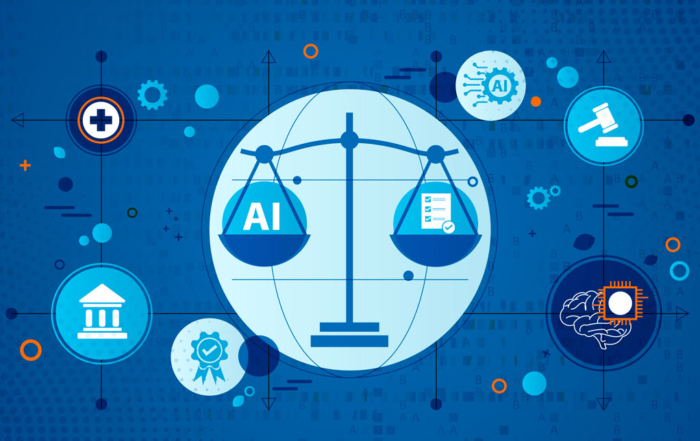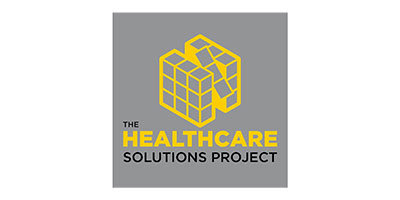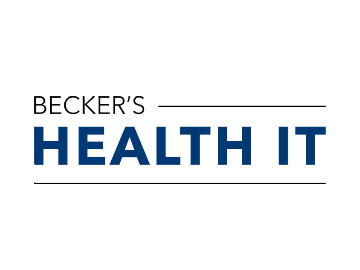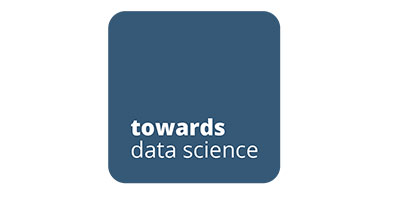
CLIENT SUCCESS STORY: Blue Health Intelligence® (BHI®)
Rich claims data from Blue Health Intelligence® (BHI®) made it possible for Decode Health to create comprehensive models that detect patients with undiagnosed or misdiagnosed disease and predict individuals who will likely experience the highest healthcare spend.

Best-in-class data, combined with machine learning, provides revolutionary insight into chronic disease management
Rich claims data from Blue Health Intelligence® (BHI®) made it possible for Decode Health to create comprehensive models that detect patients with undiagnosed or misdiagnosed disease and predict individuals who will likely experience the highest healthcare spend.
Background
Decode Health, a Nashville-based analytics company developed a machine learning (ML) engine that uncovers specific patterns of chronic disease risk. Decode initially focused on inflammatory autoimmune diseases, which are di cult to diagnose and cost the healthcare system approximately $90 billion a year.i Misdiagnosis of these diseases is not uncommon and can lead to serious adverse events and hospitalization.
Challenge
Machine Learning Needs Good Data
Decode wanted to test the theory that its ML engine could be applied to large, population-level data sets to construct predictive models for multiple chronic diseases. Decode needed a comprehensive, multi-year, longitudinal data source that captured a wide range of patient populations across different geographies. They hoped to use the data to train their ML to capture subtle differences and patterns occurring in patients diagnosed and treated for autoimmune disease over time. “Despite significant advancements in laboratory medicine and diagnostic criteria, clinicians still don’t have all the tools they need to diagnose patients early and monitor patients proactively, particularly in the context of inflammatory diseases,” said Chase Spurlock, PhD, CEO of Decode Health. “To build our technology, we needed a full population view and data that covered every demographic segment and episode of care.”

